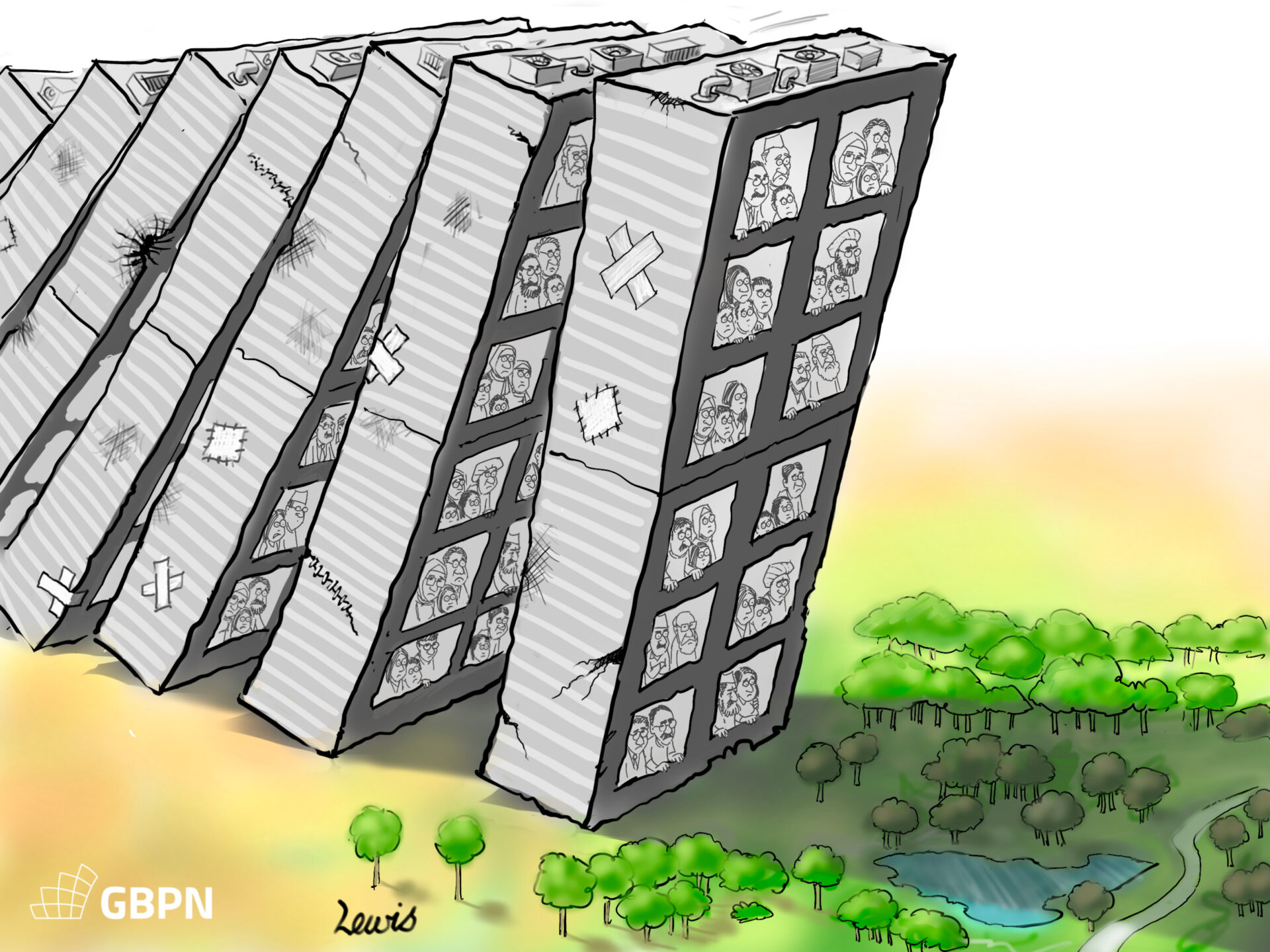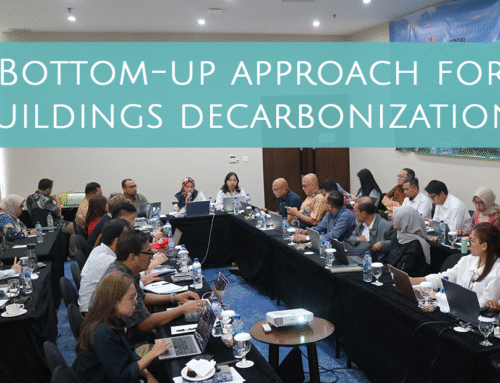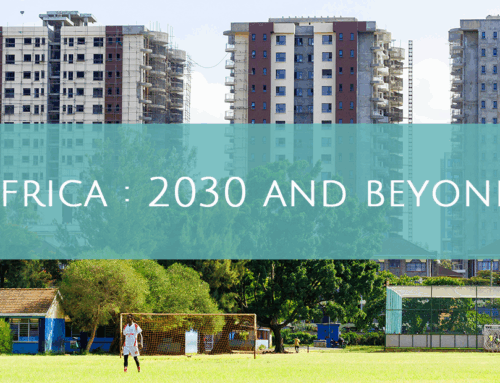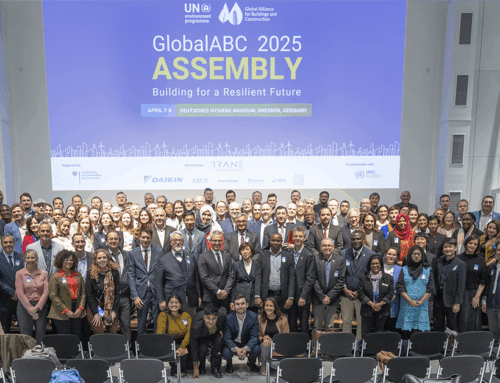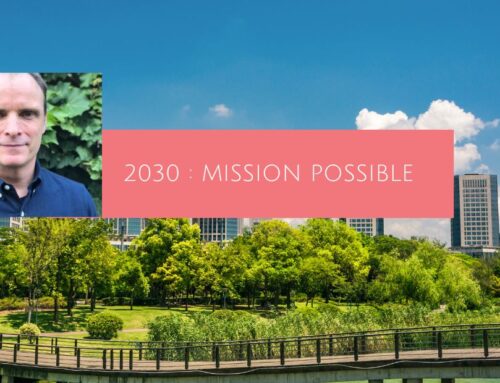Illustration by Peter Lewis
By: Dr Peter Graham
As leaders from across the world gather for the New York Climate Week under the theme ‘It’s Time’, the urgency for integrating equity into climate action should be non-negotiable. Climate change is no longer a distant threat—it’s a reality affecting every corner of our planet, and its impacts are disproportionately felt by those least responsible for the crisis. The time for urgent, transformative policies that mitigate climate risks and build a more equitable society is now.
At the Climate Week side event on Energy Justice, GBPN Africa Manager Mugure Njendu will be presenting GBPN’s bottom-up approach for equitable participation of local communities. The panel event will bring together experts from diverse backgrounds to discuss the rising momentum of energy justice. The panel will discuss how climate and energy organizations must balance climate goals with social equity.
One of the most critical areas where climate action and equity must intersect is in the built environment. Buildings are central to our lives – they house our families, our workplaces, and our communities. However, they are also significant contributors to greenhouse gas emissions, making up 34 percent of global energy demand and 37 percent of energy and process-related carbon dioxide (CO2) emissions.1 This makes buildings a key target for climate action, but the urgency to act must also be grounded in the understanding that well-designed, sustainable policies can generate benefits far beyond emission reductions.
Mandating sustainable building practices is a social justice issue
Poor housing conditions like overcrowding, thermal discomfort, accessibility of housing for individuals with functional impairments are linked to various health issues, including respiratory diseases like asthma, cardiovascular diseases, injuries, mental health problems, and infectious diseases such as tuberculosis, influenza, and diarrhea.2 There is evidence to support that people-centered, low-carbon housing policies lead to broad health and economic benefits, particularly for marginalized communities. Sustainable building practices—such as improved insulation, better ventilation, and energy-efficient systems—lower emissions and provide immediate health benefits. For example, reducing indoor air pollution can alleviate respiratory illnesses that disproportionately affect low-income households. Similarly, energy-efficient housing reduces energy costs, providing much-needed financial relief for families.
“It’s a social justice issue. The absence of these policies exacerbates the impacts of the climate crisis on vulnerable communities.”
Yet, despite these clear benefits, many regions still lack robust building codes and regulations that mandate sustainability in housing. Mandating sustainable building practices in housing codes is not just a climate issue—it’s a social justice issue. The absence of these policies exacerbates the impacts of the climate crisis on vulnerable communities. Low-income households, often living in poorly constructed buildings, are more susceptible to extreme weather events, from heatwaves to floods. Inadequate policies not only leave these communities exposed to climate risks but also perpetuate a cycle of inequality.
At GBPN, equity is a crucial driver for our bottom-up approach. We partner with local experts and organizations to ensure that our work responds to the need for low-carbon, climate-resilient, and healthy housing for the most vulnerable. Our Healthy Affordable Homes project in India is developing healthy, low-carbon housing guidelines to be implemented in the National affordable housing program. In Indonesia, we are developing a Green and Affordable housing roadmap that will be applied to 1 Million homes between now and 2030. In our efforts to support the fundamental right to adequate housing for all, we are tackling the need for climate-resilient housing through bioclimatic design, renewable energy solutions and technologies like grid interactivity.
It’s time for bold action
New York Climate Week 2024 offers a unique opportunity for policymakers, business leaders, and advocates to come together and demand more ambitious, equity-driven policies. We have the tools and the knowledge to make our buildings more sustainable and resilient—it’s time to act. The policies we choose to implement today will determine not only the future of our planet but also the kind of society we build for generations to come. Policies that mainstream sustainable buildings are therefore core to achieving social equity, health and economic benefits and Sustainable Development Goals. It’s time for policies that recognize the intrinsic link between climate resilience and social justice. It’s time to build a future where sustainable housing is not a luxury but a right for all.
GBPN will be at NY Climate Week to put forward the case for urgent and equitable climate action. Mugure Njendu, GBPN Africa Programs Lead, will be a panelist at-
Event: Climate and Leadership: Green Jobs for Africa
- Date: 24th September, 6 pm – 8 pm
- Venue: The James room, Barnard College, Columbia University, New York City
- Organizers: Jacob’s Ladder Africa (JLA) and Columbia University’s Climate School (CCS)
- Registration : Open event. Click to attend here
Event: Global Perspectives : Energy Justice and the Future of Climate
- Date: 25th September, 9:30 to 11:00 am
- Venue: Lutron, New York
- Organizers: The Regulatory Assistance Project, the Crux Alliance, and the International Network of Energy Transition Think Tanks
- Registration : Invitation only. To get on the invite list email info@raponline.org or message Crux Alliance here
1 Global Status Report for Buildings and Construction 2023.
2 WHO Op. Cit
Share This Story, Choose Your Platform!
Stay in touch with how we’re transforming the buildings sector
GBPN runs innovative building policy reform programs in key regions around the world that aim to tackle the climate emergency by decarbonising the buildings sector. Stay up to date with our newsletter.
Stay in touch with how we’re transforming the buildings sector
GBPN runs innovative building policy reform programs in key regions around the world that aim to tackle the climate emergency by decarbonising the buildings sector. Stay up to date with our newsletter.

